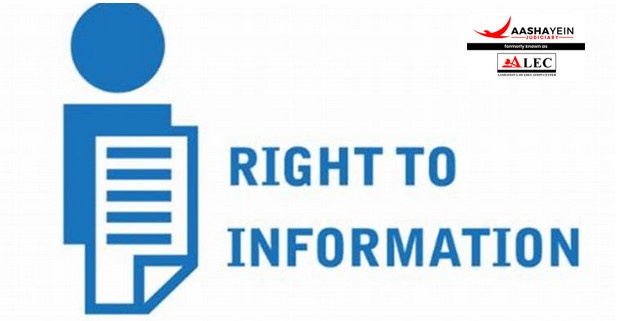Facts of the case
This case involves three appeals stemming from Right to Information (RTI) applications filed by the respondent, Subhash Chandra Agarwal, with the Central Public Information Officer (CPIO) of the Supreme Court of India. These RTI applications sought:
- First Application: Information on communications between the Chief Justice of India and the Union Minister, alleging undue influence over judicial decisions.
- Second Application: Correspondence related to the appointments of Justices H.L. Dutta, A.K. Ganguly, and R.M. Lodha, who were elevated to the Supreme Court despite being junior to other judges.
- Third Application: Details of declarations of assets submitted by judges to the Chief Justice of India and the Chief Justices of State High Courts.
The CPIO denied the requests, stating that the information was held by the Supreme Court's registry. Dissatisfied, Agarwal appealed to the Central Information Commission (CIC), which, on January 6, 2009, ordered the disclosure of the requested information, referencing Section 6(3) of the RTI Act, 2005.
In response, the CPIO filed a writ petition under Article 226 of the Constitution before the High Court, which ruled in Agarwal's favor. The CPIO then escalated the matter to the Supreme Court. The three appeals addressed the CIC's order requiring the disclosure of information and the Delhi High Court's full-bench decision supporting the same.
You can also read the Blog by visiting [Blog]
For more information, visit [Aashayein Enquiry Section]
Issues
The issues in this case can be framed as follows:
- Does providing information to the public about the office of the Chief Justice of India and the collegium system violate the principle of judicial independence?
- Can the information requested be exempted from disclosure under Section 8(1)(j) of the Right to Information Act, 2005, on the grounds of public interest?
- Would disclosing information about judges hinder constitutional authorities from expressing their opinions openly and without reservation?
Petitioner’s Arguments
The appellants argued that the disclosure of the requested information could undermine the independence of the judiciary, which requires judges to remain insulated from public debates about their actions or conduct. They emphasized that the right to information is not an absolute constitutional right but is subject to the limitations and exceptions outlined in the RTI Act. Specifically, they contended that information about judges’ assets constitutes personal data unrelated to any public activity or interest and therefore should not be disclosed. Similarly, they argued that releasing information about candidates considered for judicial appointments would violate their privacy without serving any greater public interest. Additionally, they asserted that judges disclosed their assets voluntarily to the Chief Justice of India (CJI) in confidence, meaning the CJI held this information in a fiduciary capacity, which is protected under Section 8(1)(e) of the RTI Act.
Respondent’s Arguments
The respondent countered that disclosing the information would not compromise judicial independence but would instead promote transparency and accountability in matters of public interest. He argued that the public's right to know about issues affecting them outweighs the privacy exemptions under Section 8(1)(j) of the RTI Act. The respondent emphasized that such transparency would enhance trust in the judiciary by fostering openness in functions that impact the public domain. In his view, citizens’ right to information should take precedence, particularly when the requested details hold significant public importance.
Analysis of the Court
The Court provided a detailed interpretation of the provisions of the Right to Information Act, 2005 (RTI Act), focusing on the definitions and interplay of competing rights. It held that the terms "competent authority" and "public authority" are specifically defined under Sections 2(e) and 2(h) of the RTI Act. The Court clarified that the Chief Justice of India and the Supreme Court are not separate public authorities; rather, the Supreme Court as a whole constitutes a public authority, with the Chief Justice and judges collectively forming this entity. The Court emphasized that the interpretation of Section 2(h) must align with the Constitution, ensuring that the RTI Act harmonizes the right to information with the right to privacy and confidentiality.
The RTI Act was described as a tool that balances these competing rights by applying a public interest test. The Court noted that personal information, such as professional records (including qualifications, performance evaluations, disciplinary proceedings), medical records, financial details, and family-related data, is protected from unwarranted invasion of privacy unless a larger public interest justifies disclosure. The Court also emphasized that the right to anonymity and identity protection is subject to the same public interest evaluation.
In its judgment, the Court upheld the Delhi High Court's decision, directing the CPIO of the Supreme Court to disclose information regarding judges who had declared their assets. Additionally, it instructed the CPIO to re-examine matters involving third-party information to ensure compliance with the principles of the RTI Act. This judgment reinforces the importance of balancing transparency with privacy while promoting accountability within the judiciary

